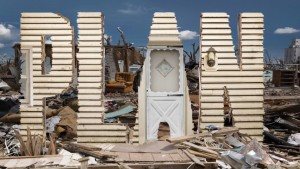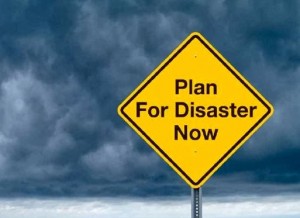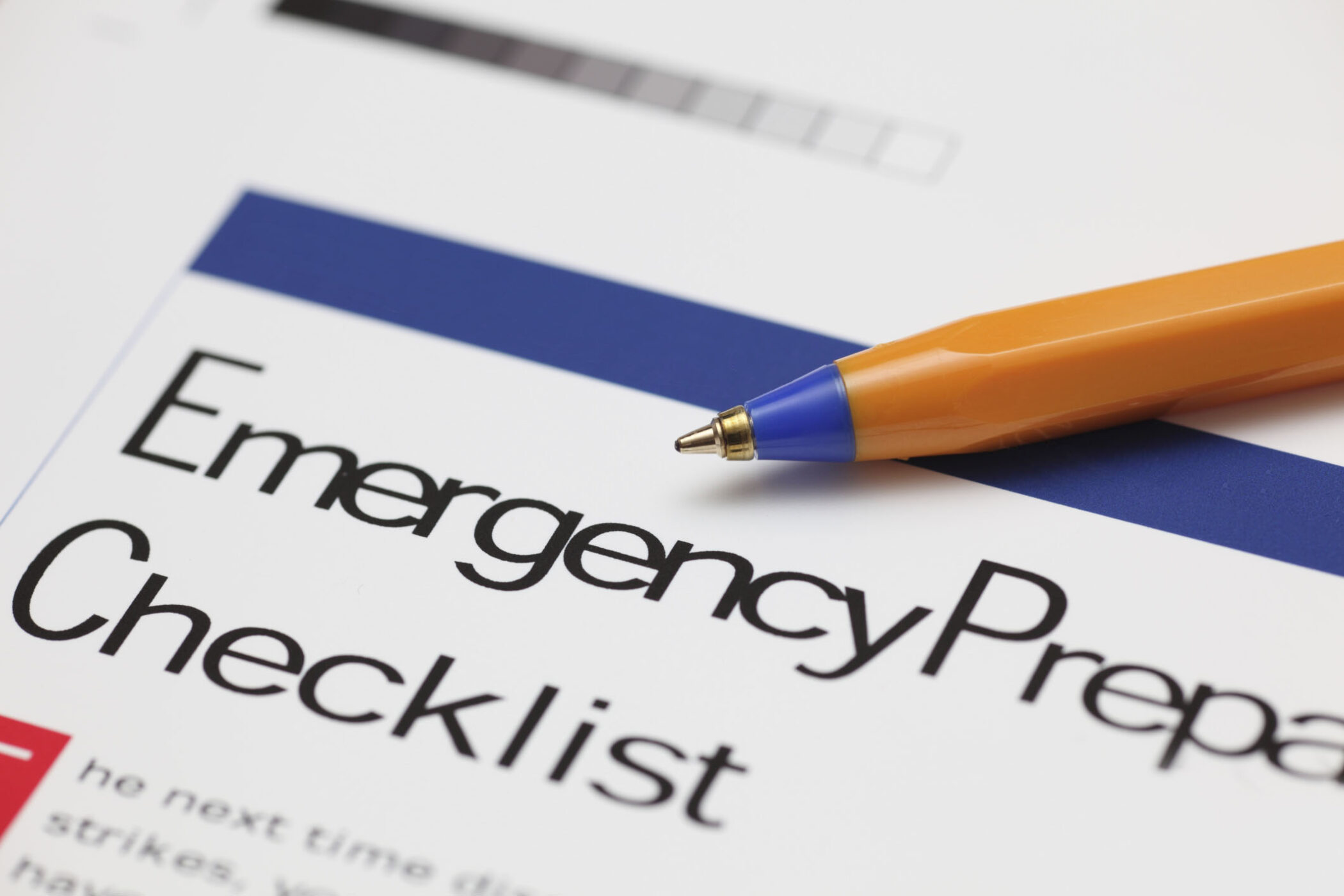Why is it important to stay prepared?

“… nearly 60 percent of American adults have not practiced what to do in a disaster by participating in a disaster drill or preparedness exercise at work, school, or home in the past year. Further, only 39 percent of respondents have developed an emergency plan and discussed it with their household. This is despite the fact that 80 percent of Americans live in counties that have been hit with a weather-related disaster since 2007…” Sixty Percent of Americans Not Practicing for Disaster: FEMA urges everyone to prepare by participating in National PrepareAthon! Day on April 30, Dept. of Homeland Security, 2015.”
Everyone’s on Fire

Now I know the whole emergency thing isn’t the first topic that pops in everyone’s head; however, it should be! Anything can happen while you’re on shift with your client. There could be a fire, flood, hurricane, break in, earthquake, and the list goes on! Even if you have done everything in your power to prevent a fire, the resident living in the apartment below your client could have left the stove on. There goes the whole apartment complex! Everyone’s on fire!
Using the fire example, the question isn’t: Who left the stove on? The question is: What have you and your client practiced to prepare for this emergency?
EAP
Have you heard of an EAP? It stands for Emergency Assistance Plan. Every regional center client has one. If you haven’t read your client’s EAP by now, NO NEED TO WORRY! Read it on your next shift! The EAP is definitely in the home to be read and practiced with the client. It’s not only for your client’s safety, but it’s also for your safety. Keep in mind that you are with the client as well, so your safety is just as important!
Want to be sure you and your client are as prepared as can be? Here’s a few tips from Compass that may sound familiar!
- Make, and maintain, a TO-GO Bag! Pack emergency items like a first-aid kit, phone numbers, flash light, radio, juice boxes etc… and keep it as up to date as possible. (example, no expired creams or medications)
- Plan escape routes for every disaster known to mankind! It’s better to be safe than sorry! Make sure you know all the escape routes possible from each room, window, roof, garage, basement, car etc…
- Lastly, Practice! Practice! And Practice! Plan to at least practice each drill monthly. They don’t practice fire drills in schools to give the kids an afternoon off, there’s actually a purpose to those drills. Just like there’s a purpose for the EAP plan in the client’s home.
Overall… Stay Prepared! Stay Alert! And most importantly, Stay Safe!
